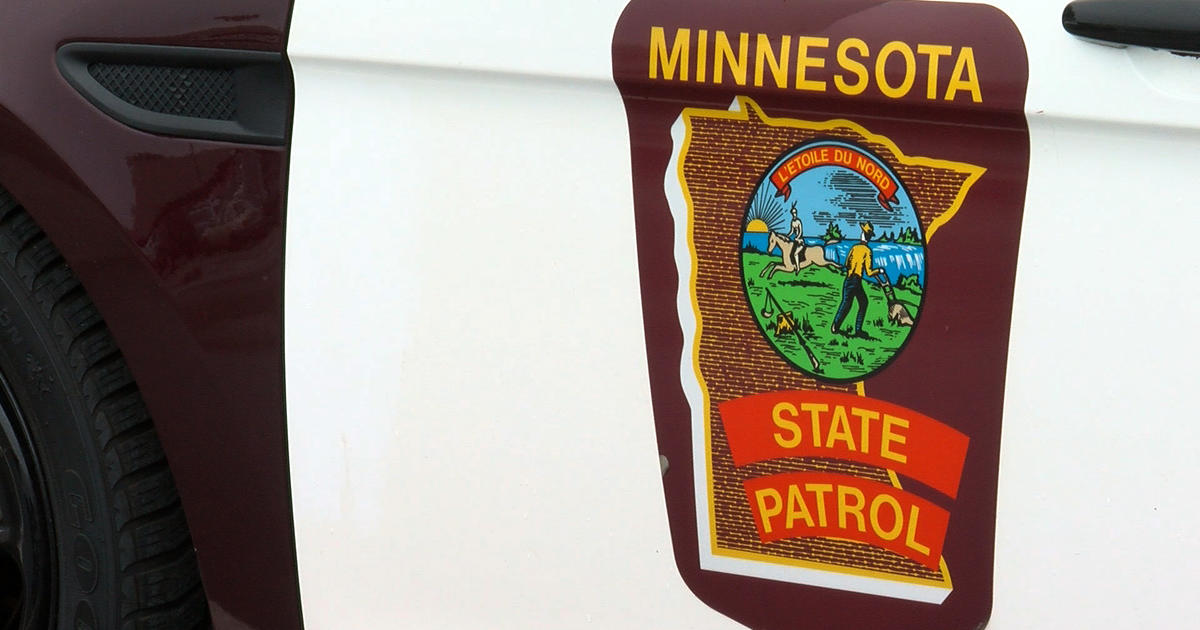Minnesota Legislature looks to crack down on social media companies and require new safety rules
ST. PAUL, Minn. — As Congress debates a bill to potentially ban TikTok, Minnesota lawmakers are considering proposals to crack down on social media companies and make platforms safer for children.
One that advanced in the state House Thursday would mandate default privacy settings and allow users to opt out of features that increase engagement with apps, like auto-playing videos or endless content feeds. Another requires child safety impact assessments before adding new digital features to platforms or launching new products.
There's also legislation to expand penalties for use of "deepfakes" to manipulate elections and compensate children featured in content that their parents post and profit from on social media.
But Rep. Zack Stephenson, the DFL chair of the House Commerce Committee, said all of them are being discussed this year because federal inaction has left states like Minnesota no choice but to try on their own to rein in the power of social media companies and set guardrails around what they can do.
"By every measure, every study that's looked on this has said that social media is bad for our mental health. It's making us less happy, more anxious, and it's having a particular impact on kids where we see more bullying, more eating disorders, more self-harm, more sexual blackmail," he told WCCO. "The outcomes here are really terrible. We know it and we're not doing anything about it. And it's a huge problem."
Minnesota isn't alone. There are dozens of policies being discussed in state capitols across the country to boost social media safety, according to the National Conference of State Legislatures.
With passage of his "Prohibiting Social Media Manipulation Act" in a key committee Thursday, the bill is now primed for a full chamber vote. It requires platforms to have default user privacy settings, prohibits them from showing content users didn't explicitly ask for, and sets transparency rules so platforms make clear how they operate because the technology continually evolves.
The provisions stemmed from a study from the Minnesota Attorney General's office, commissioned by the state legislature last year. Stephenson characterized the proposal as the "first of its kind in the country," and said this plan would work well alongside a separate bill being discussed that would focus on "age-appropriate" design of the platforms.
But if both chambers pass this legislation, litigation could be looming. It's already happening elsewhere. A federal judge blocked a similar "design code" law in California, for example, over concerns it violates the First Amendment. State regulations of social media companies are also before the U.S. Supreme Court this term.
Trade companies representing some of the largest tech companies are pushing back. TechNet, whose members include Snapchat and Meta—the parent company of Facebook—wrote in a letter to the House judiciary committee on Thursday that Stephenson's social media regulation bill would leave no choice for companies but "to overly censor the internet to avoid potential liability."
"I write to you in opposition to HF 4400, an overbroad and vague bill that has unclear definitions, makes compliance impossible, and likely violates the First Amendment," wrote Tyler Diers, the executive director for the Midwest region for the group, in the letter.
Companies could face a civil penalty of up to $10,000 for each violation of the new rules in Stephenson's bill if it's approved by the legislature and signed by the governor. The attorney general's office is empowered to enforce the provisions.
Stephenson anticipates lawsuits from tech companies would most certainly follow.
"Right now you have a situation where the social media companies have a total free pass from every layer of government. They can do whatever they want. They're not regulated. There's no guardrails," he said. "So anything we do that threatens that total free freedom that they have now to do whatever they want, they're gonna litigate. They've got all the money in the world, they're going to come and they're going to come hard. You try to structure the bill to be constitutional—we obviously don't want to pass bills that are unconstitutional. But we can't be afraid of litigation."
Rep. Harry Niska, a Republican from Ramsey who has raised concerns about the constitutionality of some legislation at the capitol attempting to regulate social media companies, said the bill makes a good effort to remain on sound legal footing, though it still doesn't yet have his support.
"I have had some conversations with some industry people about ways that maybe some of the language can be fixed, and hopefully that we can continue to have those conversations as it goes forward," he said.




